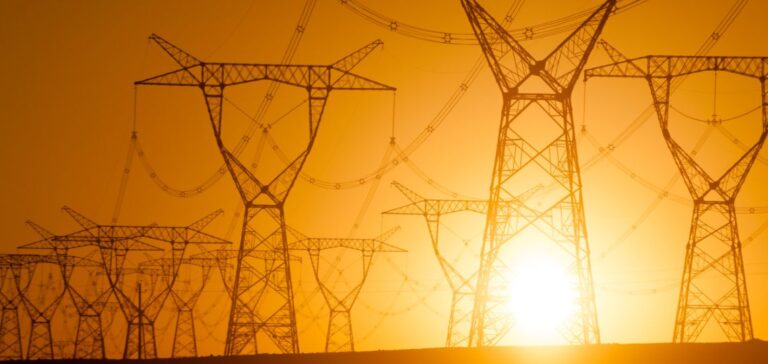After two consecutive years of decline, electricity consumption in France rose by 0.7% in 2024, reaching 449.2 terawatt-hours (TWh). This increase, though moderate, marks the end of the downward trend observed in 2022 and 2023, according to data published by Réseau de Transport d’Électricité (RTE).
A Moderate Recovery After a Period of Decline
Industries and large consumers connected to the high-voltage grid played a key role in this trend, recording a 2.4% increase in consumption compared to 2023. This growth contrasts with the reductions of previous years, which were primarily driven by soaring energy prices and energy-saving measures implemented in response to the European energy crisis.
Despite this recovery, national electricity consumption remains 12.7% below the average for 2014-2019. RTE attributes this gap to efficiency gains and the lasting impact of adjustments made by businesses and households in response to recent tariff increases.
Towards Growing Demand by 2035
RTE forecasts a 40% increase in electricity consumption by 2035. This anticipated growth is driven by the expansion of energy-intensive uses, particularly data centers and digital infrastructure. Additionally, the gradual replacement of fossil fuels with electricity in several industrial sectors could contribute to this upward trend.
In the short term, the relatively low electricity demand has helped limit the use of gas-fired thermal power plants during peak periods. The expansion of wind power generation has also played a role, covering 9% of consumption during critical moments for grid stability.






















